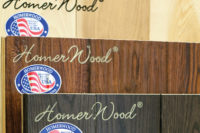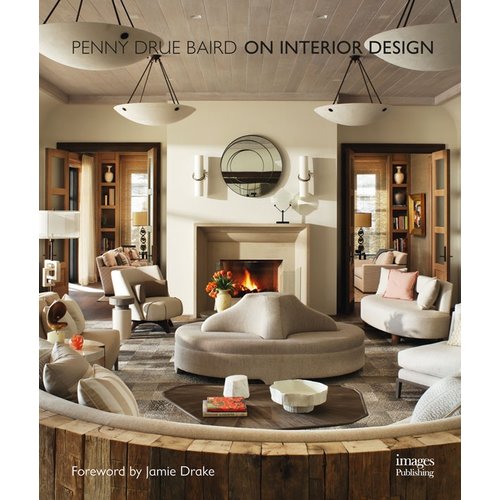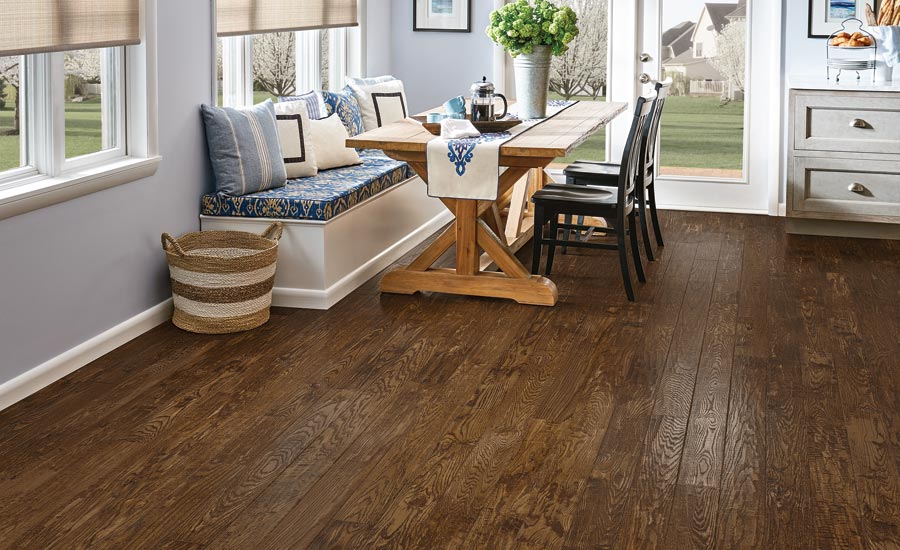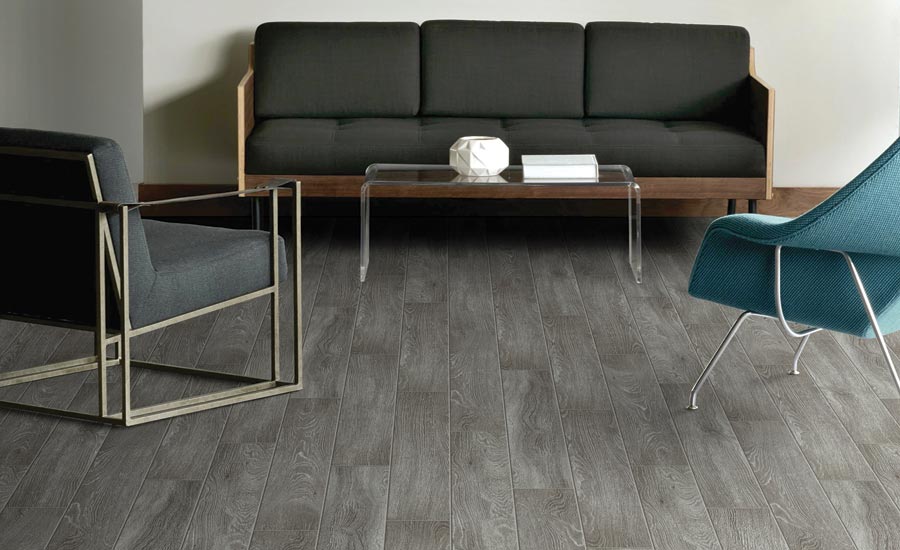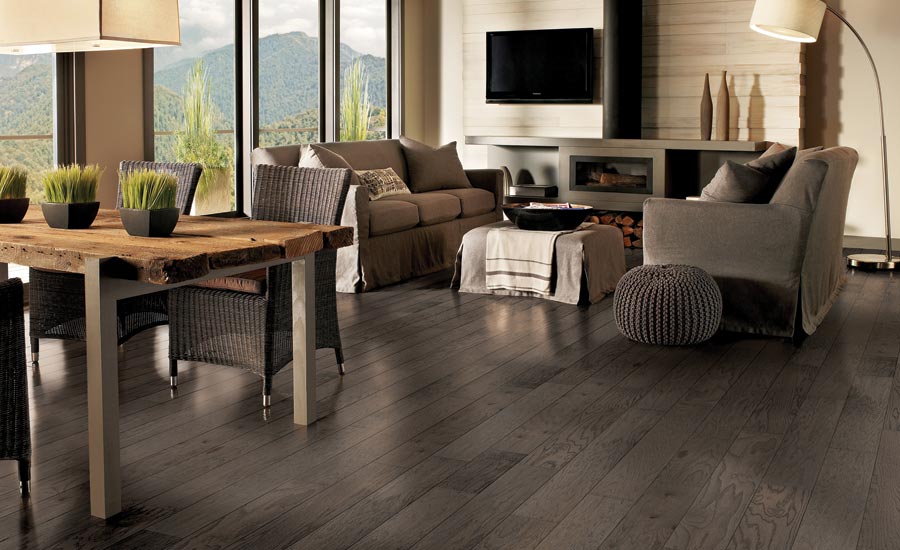Made in the U.S.A.: Flooring Manufactured in America

AHF Bruce hardwood brand’s U.S. manufacturing legacy dates back to 1884.



The latest addition to Dal-Tile’s domestic manufacturing capabilities is its new quartz plant in Dickson, Tenn., producing products that are made in the U.S. with imported material.




“Made in the U.S.A” has long been a coveted label for U.S. consumers as they look to use their spending power for good by investing in the U.S. economy. This month, we are checking in with manufacturers for an update on their U.S. investments.
“Our domestic facilities provide best-in-class service, designs, quality and performance to our customers,” said Mike Bell, COO, AHF Products. “Locally produced products can be attractive to many consumers and influences purchase decisions.”
Under the new ownership of American Industrial Partners (AIP), AHF Products is making significant investments to ensure its domestic manufacturing capabilities are top-notch in the industry. The company has a long legacy of domestic production, tracing back to 1884 with its Bruce hardwood brand. With the addition of the Hartco, Robbins, HomerWood and Capella brands through the years, AHF is now manufacturing more than 90 percent of its total volume in the U.S., with plants in Arkansas, Kentucky, Missouri, Pennsylvania, Tennessee and West Virginia, and the manufacturer has a distribution center slated to open this summer in Tennessee.
“There is something timeless about North American hardwoods,” said Bell. “Smooth, elegant graining, great character, and the way they accept stain and other visual effects make them a prime choice for consumers.”
End users in the market for hardwood floors, which have been called the aspirational flooring option for U.S. consumers, look to AHF’s wide range of domestically-made products including solid hardwood flooring, engineered hardwood flooring and parquet hardwood flooring.
“Many people choose to purchase domestic hardwood floors because they believe this to be better for the economy,” Bell said. “Trees for domestic hardwood floors and the products made from them are local, which means the purchase of these products help to support American jobs. Our domestic wood flooring is grown, harvested, milled and finished in the U.S.”
With a vast majority of Dal-Tile Corporation’s family of brands’ products produced domestically, Daltile, Marazzi, American Olean, and Ragno have been given a competitive edge when it comes to fulfilling the quick-turn demands and expectations that have become the norm in the industry.
“Trees for domestic hardwood floors and the products made from them are local, which means the purchase of these products help to support American jobs.”
– Mike Bell
Continually investing in its domestic manufacturing capabilities, Dal-Tile brands are meeting consumer demands and producing tile that not only offer high levels of quality and performance, but also the latest trends and most fashion-forward products in the market.
The latest addition to Dal-Tile’s domestic manufacturing capabilities is its new quartz plant in Dickson, Tenn., producing products that are made in the U.S. with imported material. Built in 2018 and officially opening this year, the state-of-the-art plant is creating products that are the epitome of design and style. “The quartz coming out of our facility is made with proprietary design technologies, the most advanced decorative capabilities, and offers exclusive colors and designs as well as the highest levels of gloss and clarity,” said Glen Harry, vice president, countertop division, Dal-Tile.
Across categories, Shaw operates approximately 40 manufacturing facilities in the U.S., producing both broadloom and carpet tile, engineered hardwood and resilient flooring products.
“We have invested more than $1.5 billion in our existing and new U.S. facilities over the past five years, including a $130 million investment in domestic LVT manufacturing at Plant RP in Ringgold, Ga.,” said Tim Baucom, president, Shaw. “We will continue to invest in RP and other domestic manufacturing facilities as we utilize design and technical resources that enable us to be agile and best-equipped to meet the preferences of today’s consumers.”
Consumers are rapidly gravitating toward LVT’s waterproof, durability and design properties, and with LVT being the fastest growing product category in the flooring industry, Shaw is keeping its pulse on the market both in terms of end user priorities and preferences, and evolving technologies and concepting.
But Baucom says there is simply not enough capacity worldwide, outside of China, to satisfy U.S. consumer demand for LVT. “Though Shaw and other manufacturers are expanding domestic production of LVT, consumer demand outstrips current domestic and other worldwide capacity. Outside experts estimate that approximately 75 percent of LVT sold in the U.S. is imported, and that 83 percent of that total is from China.”
In response, Shaw has carefully chosen sourcing partners that allow the manufacturer to respond quickly and effectively to changing consumer preferences. “We work closely with our partners worldwide to ensure quality, compliance and innovation of suppliers,” Baucom said. “As part of our sourcing process, Shaw provides the designs and specifies the materials, similar to a contract manufacturing partnership. Additionally, Shaw’s robust distribution and logistics network and our vigorous inventory management systems are keenly focused on ensuring customer expectations and deadlines are met no matter where or by whom a product is manufactured.”
Similarly, with the acquisition of LM Flooring, a hardwood manufacturer with facilities in Cambodia and Shanghai, AHF is moving offshore and doing what Bell says makes the most sense in an effort to strengthen manufacturing capabilities and the portfolio of brands, which Bell says will ultimately lead to new growth opportunities as AHF further establishes itself in the sawn-faced, wide-width, long-length, high-end design engineered segments.
A major concern for manufacturers producing both on and off shore, as well as end users on the receiving end of consequent price increases, is the tariff on Chinese imports, which the U.S. administration increased from 10 percent to 25 percent just months ago.
“The tariffs will have an inevitable impact on our customers and the end-use purchaser,” said Baucom. “Consumers, dealers and suppliers, and installers will face increased costs. The 25 percent tariff on these products stands to disproportionately harm small and medium businesses and their ability to invest in people and facilities in the U.S. The communities where they operate are at risk of losing money, jobs and the economic benefits that our industry brings.”
Nevertheless, Baucom says Shaw remains remain committed to investing in high quality, innovative products and superior design and service in the U.S. and to leveraging the strengths of its sourcing partners in the U.S. and abroad as necessary to meet consumer demand and preferences. “Knowing that constant innovation is critical to our success, we continue to implement the latest advances in technology, improving our product mix and introducing game-changing flooring solutions in both the hard and soft surface market.”
Looking for a reprint of this article?
From high-res PDFs to custom plaques, order your copy today!





